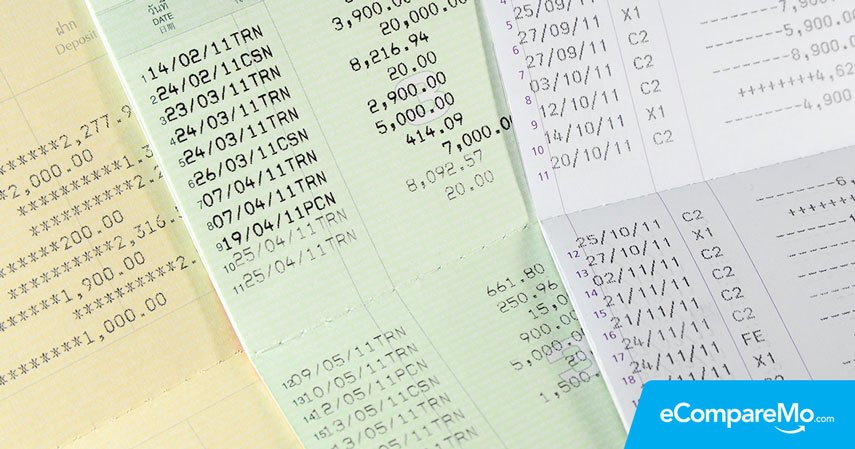How To Manage Multiple Bank Accounts
2 min readKeeping tabs on your finances is easy once you get the hang of it. For the most part, it requires paying yourself first, following your budget, and tracking expenses.
Being able to maintain it is the challenge. If you have more than one bank account, organizing it is the practical way to follow through your savings. Depending on your lifestyle, here are some ways you can manage multiple bank accounts and grow your funds.

Viability
Alex Matjanec, co-founder of financial data website MyBankTracker.com, says, “A typical young adult needs just two bank accounts: a checking account and a savings account.â€
It would be more practical to keep these two accounts in one bank. You can easily transfer money online from your savings to fund your checking account without accruing fees.
The next thing to consider is how well your savings account would yield interests. Ideally, the best type of setting up savings is through a time deposit, where your funds are untouched and continuously grows with your deposits and interests over time.
A high-interest bank account is for long-term savings, meant for future investments or emergency expenses.
If you’re married, keeping a joint account is practical to pool funds together but it’s also important to keep a separate savings account in another bank. Find better interest rates and low transaction fees for your personal expenses or savings.
Keep the money
Managing your funds doesn’t stop with organizing your bank accounts. Find the bank that will help you grow your money without having to pay hefty fees and charges. Opt for convenience in services, such as automated transactions for fund transfer or payments and an efficient online banking facility.
Keeping your money in different banks also means you’ll enjoy different perks. This is where you’ll need to research for the ones that will work for you. Having multiple savings plans is so much better than having only one bank account where your money comes in and out.
Allocate portions of your income and deposit them accordingly. This makes budgeting and money management easier because you’ve set up accounts that are not only convenient for you but also for making your money grow.
You get to decide the function and use of each bank account so you don’t mix up the transactions. It’s one of the best ways to save long term because you’ll have one account for spending, and the other, for emergencies.
Be aware of government-imposed taxes on your savings. For instance, an individual bank account of a deceased married person will be frozen unless the estate tax and required documents are settled. This is where the option for extending your savings to insurance comes in. Most banks nowadays offer savings account with insurance, which is one of the best ways to save.
